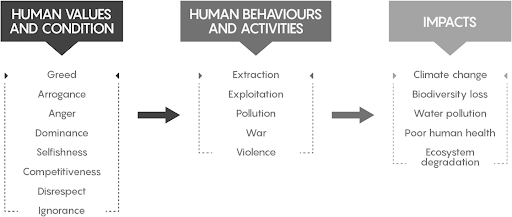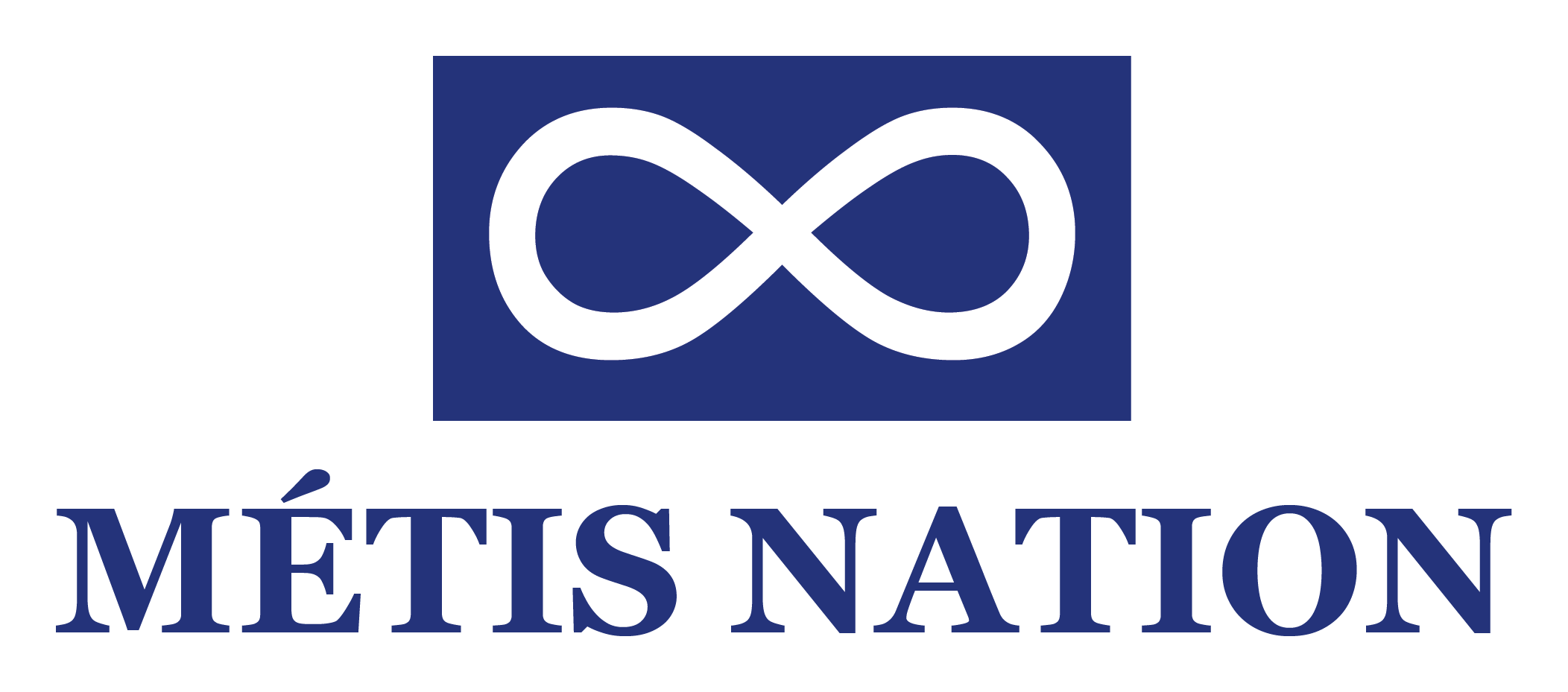
Foreword: This article is dedicated to respected Anishinaabe Knowledge Keeper and our honoured collaborator Nii Gaani Aki Inini – Leading Earth Man – Elder Dave Courchene. In December 2021, Elder Courchene made his journey to the spirit world, but the legacy of his environmental and spiritual leadership and teachings live on and continue to inspire our work on climate change, along with others around the world.
It’s been 30 years since Anishinaabe Knowledge Keeper Dave Courchene lit the sacred fire at the first United Nations Earth Summit in Rio de Janeiro, and his commitment to sharing Indigenous knowledge on the environment has only grown stronger with time.
Elder Courchene and the community at Turtle Lodge have taken climate change as a focus of their work. Inspired by a vision, Courchene started the Onjisay Aki Initiative to bring Indigenous wisdom on climate change to the forefront in Canada (www.onjisay-aki.org).
The Earth is in a time of transformation – ‘Onjisay Aki’ in the Anishinaabe language. Elder Courchene reminds us that Indigenous peoples’ ancestral knowledges and values can help guide humanity back to a sustainable way of living with the land.
“I want to show the world who we are, what we have, particularly the knowledge that we hold that has taken us thousands and thousands of years to evolve with,” says Courchene. “As Indigenous peoples we can make a great contribution in terms of helping all of us as human beings come to terms with the way we are behaving, the way we are treating the earth.”
Through Couchene’s leadership, Turtle Lodge hosted the Onjisay Aki International Climate Summit in June 2017 to bring Indigenous knowledge, traditions, and values to the forefront in a cross-cultural conversation on climate change. Knowledge Keepers from 14 Nations came together with other prominent leaders from environmental and social movements around the world for four days of ceremony and discussion.
Read More: Ceremony at the Onjisay Aki Summit
Ceremony was an essential part of the Onjisay Aki Summit. In traditional Anishinaabe governance, ceremonies are held to establish a connection with spirit and ancestors who provide knowledge and guidance. As the Knowledge Keepers shared, the spiritual realm is what inspires the dreams and visions that offer direction.
The gathering was held within the sacred Turtle Lodge. Each day began with pipe and water ceremonies, including a special pipe ceremony with a Sacred Pipe commissioned by a national group of Elders from the four directions.
Spiritual leaders also held a Thunderbird ceremony, to build a nest for Thunderbirds to return and be present during the gathering. For the Anishinaabe, the Thunderbirds are understood as one of the spiritual guardians and protectors of the Earth, and these ceremonies help people align with the Thunderbird spirits to support the natural laws of the Earth.
In following their prophecies, an Eagle and Condor ceremony was also held in the evening to celebrate the union of the spirits of Indigenous peoples of the Eagle in the northern hemisphere and of the Condor in the southern hemisphere. Elder Courchene and Inka Knowledge Keeper Antaurko explain the Prophecy of the Eagle and the Condor in the video below.
Climate change requires a change of values
“Climate change is a reflection of values,” shared Elder Courchene in his remarks at the Summit. Many Knowledge Keepers shared an understanding that climate change isn’t simply an issue of the environment, or one that can be solved through changes in technology alone. It is a symptom of a problem rooted in western values and economic systems brought about by colonialism.
“People don’t want to acknowledge the state of the earth, where it’s at right now, because it’s a reflection of themselves,” shared Dakota Knowledge Keeper Katherine Whitecloud. “It’s a reflection of their homes, their personal space, where the spirit and the heart reside… And people don’t want to look at that.”
The Knowledge Keepers discussed the human values and conditions that drive behaviours and lifestyles reliant on extraction and exploitation, which ultimately drive climate change and other social and environmental issues. The figure below summarizes this holistic understanding of the issue brought forward in the discussion, and more information and illustrations can be found in a scholarly article published about the Summit. [1]

Figure: The Elders described elements of the human condition and values, which motivate human behaviours and activities, and ultimately cause the impacts that we are facing today
If we focus on the values underlying climate change, what does that mean for our approach to climate solutions?
The Knowledge Keepers discussed climate action as a transformation in western values, behaviours, and ways of relating to the land, through the leadership of Indigenous peoples.
Diverse Indigenous knowledges and traditions – embedded in their spiritual ways of life and carried out through their nationhood – can provide inspiration and guidance for this cultural shift. These knowledges are derived through relationship with land and spirit.
We must respect Natural Law
The Knowledge Keepers shared teachings about responsibility: everything you do that impacts the land, ends up impacting you. This is reflected in Natural Law, the rules of conduct for our relationship with the land.
“Our culture has guided us through living in the same place, through hundreds of generations for thousands of years, how to live the right way,” described Haida Knowledge Keeper Miles Richardson. “How to listen so that we can understand what has been referred to as the Natural Law.”
This Law teaches us responsibility to the territories and lands we live on. Every person has these responsibilities, to live in good relationship with the land. By respecting Natural Law, we can keep the possibilities to move forward open for future generations. And it’s Indigenous peoples that have maintained those relationships and teachings, and are bringing them forward in this time of climate change.
Onjisay Aki Calls to Action
The Onjisay Aki Initiative brings to light the need for Indigenous-led action on climate change. The Onjisay Aki International Calls to Action were written by the Summit participants, with four priority areas: ancestral knowledge, sovereignty, relationships, and transformation.
These Calls to Action range from creating “Ancestral Schools of Knowledge” to facilitate knowledge sharing between Elders and youth, to supporting Indigenous communities in defining their own nationhood and governance systems. They also emphasize the importance of opportunities to bring together Indigenous knowledge and western science on climate change.
The Calls to Action draw a clear connection between Indigenous sovereignty and climate action. Watch Elder Courchene discuss highlights from the Summit and Calls to Action in this video:
Read More: Community-led collaboration
Through a longstanding relationship with Turtle Lodge, our team at the Prairie Climate Centre was invited to collaborate on the Onjisay Aki Initiative. We worked closely, through many meetings, gatherings, and ceremonies, to support the Summit. Guided by the community, we helped to document the discussion through writing and video, and develop materials to share the perspectives brought forward through the initiative.
This ongoing relationship is an example of the type of collaboration outlined in the Calls to Action - working across cultures and worldviews for climate action. Elder Courchene describes this partnership itself as “one of the most important outcomes of the Initiative.” As he teaches us, the cultural change needed to address climate change won’t happen overnight. It starts with meaningful relationships between committed people - “the people of the heart” - who inspire others to join the movement for change.
The momentum of a movement
Since the Summit in 2017, the momentum of the Onjisay Aki Initiative has been building. The Calls to Action set the foundation for the Initiative, and contributed to a critical conversation around Indigenous-led climate solutions which continues to grow.
Annual Onjisay Aki gatherings have been held at the Lodge, each with a specific area of focus stemming from the Summit discussion and Calls to Action. For example, the Gathering of Traditional Knowledge Keepers and Scientists, led by Dave Courchene and David Suzuki, focused on bridging traditional knowledge and western knowledge to address environmental challenges.[2]
The unique perspectives of the Knowledge Keepers shared in Turtle Lodge are pivotal at this point in time, as the impacts of climate change are already being felt, foremost by Indigenous communities.
References
- Cameron, L., Courchene, D., Ijaz, S. et al. ‘A change of heart’: Indigenous perspectives from the Onjisay Aki Summit on climate change. Climatic Change 164, 43 (2021). https://doi.org/10.1007/s10584-021-03000-8
- http://onjisay-aki.org/gathering-traditional-knowledge-keepers-and-scientists
Recommended Article Citation
Climate Atlas of Canada. (n.d.) Onjisay Aki Initiative on Climate Change. Prairie Climate Centre. https://climateatlas.ca/onjisay-aki-initiative-climate-change









.png)


